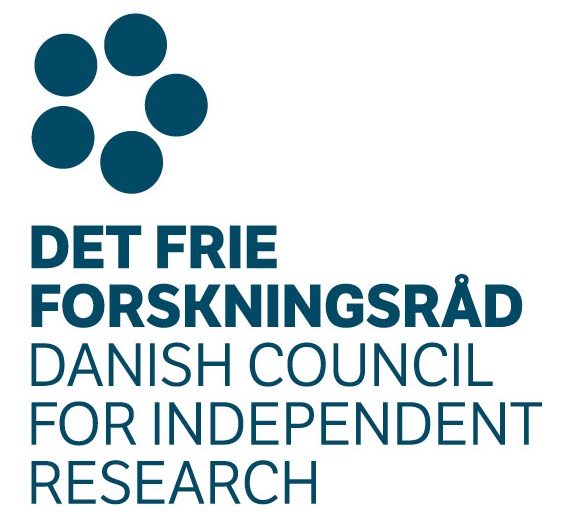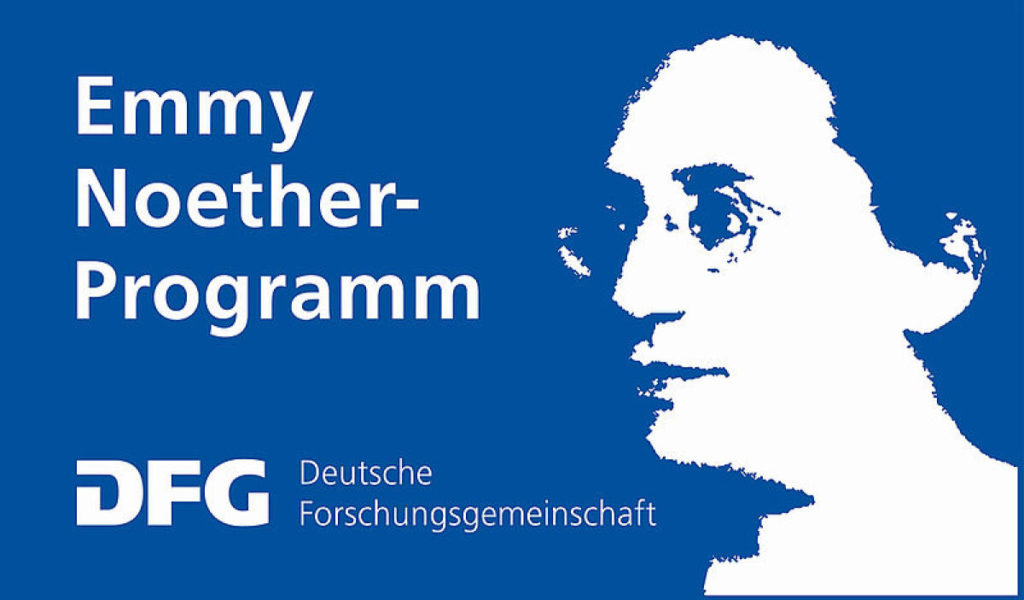In 2015, I received a Sapere Aude Starting Grant from the Danish Council for Independent Research for a four-year project on Intuitions in Science and Philosophy. The project started in Jan. 2016 and ended in Dec. 2019. The project team consisted of me, three postdocs and one PhD student.
Visit also the project website: http://projects.au.dk/intuitions/.

Project abstract:
Can intuitions serve as good evidence? Intuitively not. Yet, intuitive judgements have played an evidential role in philosophical theorizing. That either makes philosophy a suspicious discipline, or intuitions about intuitive judgements are simply not correct. Interestingly intuitive judgements have also played an essential role in modern linguistics. What is more, even in fundamental science, such as physics, intuitive judgements arguably figure, namely in the context of thought experiments. And yet, intuitive judgements in fundamental science remain under-investigated, highly controversial in philosophy itself, and without an accepted justification in linguistics. This is where the project will step in: it will seek to elucidate the reasons why intuitive judgements can have an evidential function in all of these fields. The project will contribute towards bridging disciplinary divides, and more broadly, to a better understanding of the methodological similarities across fields.
For an interview with the Danish Council for Independent Research, which touches on the motivations for the project click here (in Danish only).

In 2010 I received an Emmy-Noether-research grant of similar size from the German Research Foundation (DFG) for the project Towards a New Epistemology of Science. This project investigated the ways in which theoretical presuppositions can influence the assessment of data. Although there are clearly negative forms of such influence (known as ‘theoretical bias’), there are also positive forms, such as when previously confirmed theories would have us exercise scepticism toward apparently contradictory evidence. I call both of these forms ‘theory-driven data reliability judgements’. The project investigated in how far less confirmed, but nevertheless otherwise virtuous theories, have guided scientists in theory appraisal. If they were to do so (on a larger scale), then there would be a prima facie case for that scientists treat theoretical virtues not just as pragmatic, but as epistemic virtues.
Although this project was short-lived (as I decided to take up my current position at Aarhus University), I managed to produce a paper which lays out this leading idea of the project in detail (‘Theory-laden experimentation’, published in Studies in HPS; see papers).
